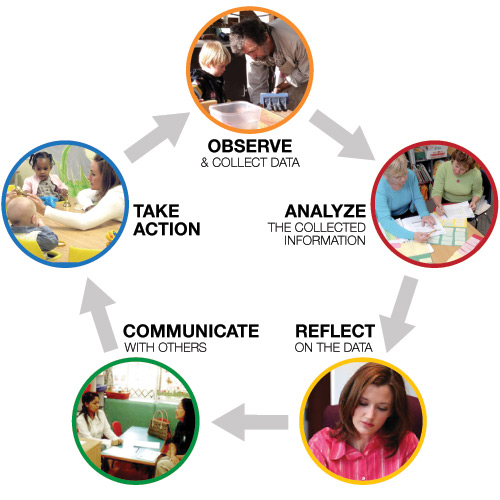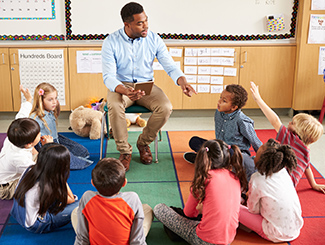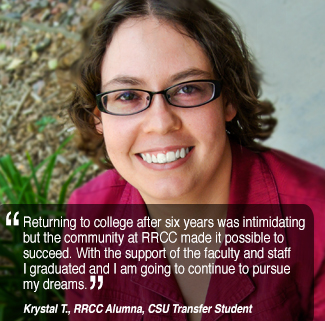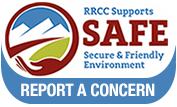Observe and Collect Data
What is useful information to know about the child?
It is important to collect all the critical data when gathering information about a child. Often teachers look to assessments of academic or pre-academic skills but we believe these are not always the most useful data for you as a teacher. For young children, you will obviously want to look at their development in all domains: social and emotional, physical, cognitive, and language. Additionally, you will want to look at a child's interests as well as what a child "knows and can do".
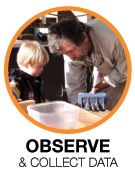
Points to ponder:
- Developmental information (social, emotional, cognitive, language and motor skills)
- Interests - What intrigues or challenges a child
- Strengths
- What the child "knows and can do"
- Connections with friends and family
- Approaches to learning
- Problem-solving strategies
- Using simple schemes (i.e.: shaking, banging, mouthing) to discover properties of objects
- Cause and effect experimentation
- Use of tools; tools are anything children use to accomplish what they want. May be an object, a caregiver or some type of verbal communication.
- Understanding space and spatial relationships by using their bodies and, increasingly, their fine motor skills, to make connections visually, physically and cognitively.
- Using imitation to make sense of the world: copying actions, re-enacting known sequences and verbally responding in order to organize their thinking and their understanding about the world.
To further explore the types of information you may want to collect, view the following resources:
Further questions:
Related resources available for this topic
STAGES OF THE TEACHING SPIRAL:
Observe and Collect Data
Analyze the Collected Information
Reflect on the Data
Communicate with Others
Take Action